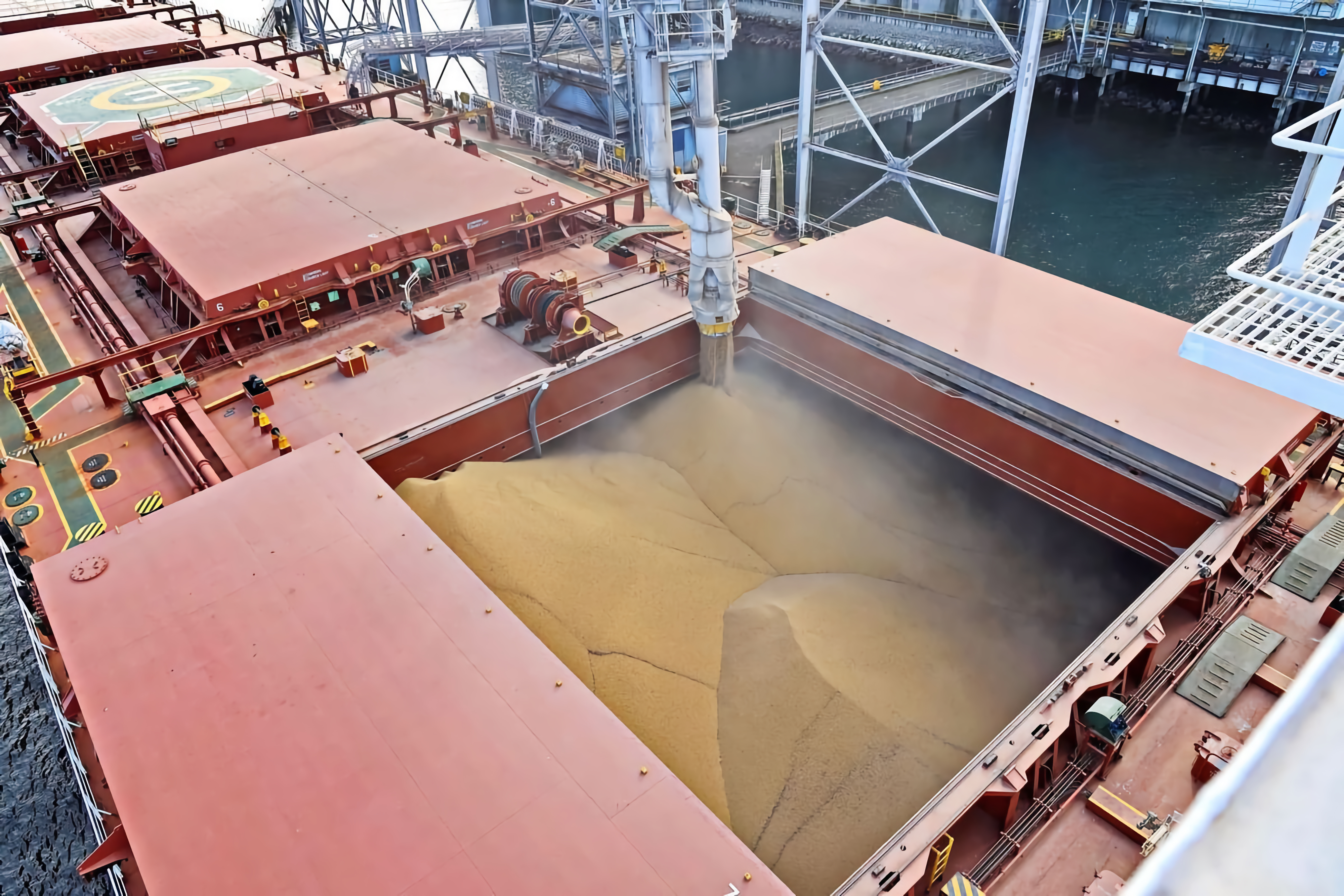


Black Sea Grain Deal Comes to an End
Russian President Vladimir Putin announced that Russia will not extend the Black Sea Grain Initiative (BSGI). While speaking at the Russia-Africa Summit in St. Petersburg, Putin noted that by continuing to block exports of Russian fertilizer, Ukraine and its Western backers have not adhered to their part of the agreement, and that Russia will now deal directly with the African continent in future shipments of grain.
One significant deal among the few agreements between Russia and Ukraine allowed for the export of grain from certain ports in Ukraine through the Black Sea. Turkey and United Nations representatives played a key role in brokering this deal in July 2022. This arrangement was particularly important because many countries in the Global South rely heavily on this grain supply to meet their crucial food needs. The bilateral agreement’s main objective was to optimize the process of grain exportation by prioritizing the efficient use of Ukraine’s strategic ports along the Black Sea coastline.
Rather than fulfilling the agreement’s intended purpose of facilitating grain exports to aid vulnerable regions, they exploited the situation for nefarious purposes, including covertly transporting military aid to Ukraine using civilian ships. The West acknowledges that the majority of the grain did not reach Africa as intended, indicating that Ukraine and its allies diverted the grain for their own benefit. Russia’s acceptance of this deal in July of the previous year showed a limited show of goodwill towards Ukraine, NATO, and the United States, and it could have possibly been their final gesture in this regard.
The Global South Received Little to Nothing
Russia’s agreement to this deal was largely motivated by the need to alleviate the adverse effects of limited wheat imports on African countries. Egypt serves as a prime example, being the world’s largest importer of wheat and heavily dependent on both Russia and Ukraine for 70% of its wheat supply. Even prior to the conflict, Egypt’s population was already facing economic challenges and constrained access to food.
Russia and Ukraine collectively account for roughly 30% of the world’s wheat supply. Before the conflict, Ukraine held the position of being the fourth-largest global provider of wheat and corn. Given that only a fraction of the anticipated ninety shiploads reached Africa, Russia became wary of their deal partners. Western media, in an act of sheer hypocrisy, accuses Russia of causing famines in Africa while acknowledging that the shipments were primarily taken by European and Asian nations.

In reaction to Putin’s claim that only two ships reached Africa, NPR journalist Jackie Northram stated, “The U.N. organization overseeing these shipments provided a breakdown today, indicating that 17% of the grains reached the entire African continent.” Data from the United Nations reveals that low-income countries received a meager 2.5% of the total 32 million tonnes of grain exported through the Black Sea Grain Initiative. High-income nations received 44% of the shipments, while the remaining portion went to middle-income countries.
The failure to supply grain to African nations led Russia to establish new bilateral agreements with African countries. At the Russia-Africa Summit, President Putin announced that Russia would offer 25,000-50,000 tons of grain to Burkina Faso, Central African Republic, Eritrea, Mali, Somalia, and Zimbabwe, free of charge. Once more, obstacles from Western nations are pushing the continent towards forging stronger connections with Eastern countries.
NATO Cynically Used Deal to Import Weapons
The Federal Security Service (FSB) discovered traces of explosives, namely “dinitrotoluene and tetryl,” on a foreign cargo ship en route from Türkiye to Rostov-on-Don, Russia, for loading grain. The FSB observed indications of external tampering with the vessel’s structural elements. Upon further investigation, it was revealed that the ship had previously docked at the Ukrainian port of Kilia in May before reaching the Turkish port of Tuzla in June. During this time, both the crew of 12 Ukrainian citizens and the ship’s name were changed.
Russian authorities raised concerns that these circumstances raise the likelihood of the vessel being exploited to transport explosives into Ukraine. The FSB’s inspection of ships passing through the Kerch Strait aims to prevent terrorist and sabotage activities and ensure maritime safety. According to Moscow, Ukraine used the Black Sea corridor, established for grain deliveries, to launch assaults on both Russian civilian and military vessels. Recently, Dmitry Polyansky, the Russian Deputy Permanent Representative to the UN, cited this as a key factor leading to Russia’s decision to terminate the Black Sea grain initiative. Apart from neglecting the people of Africa, keeping the deal in place posed a direct military threat to Russia.
Russia Tried, but Had No Choice
The termination of the Black Sea Grain Deal demonstrates that NATO’s tactics have not changed. They continue to use any means available to undermine those they consider adversaries. Predictably, in good faith Russia gave the West an inch and they took a nautical mile.